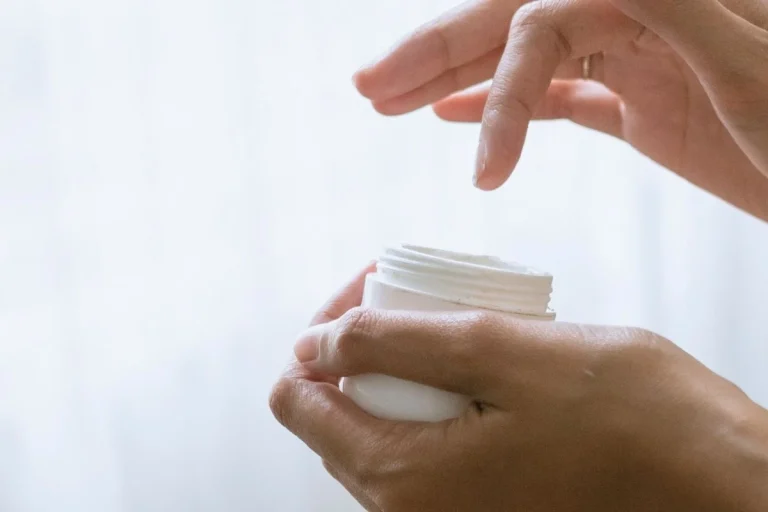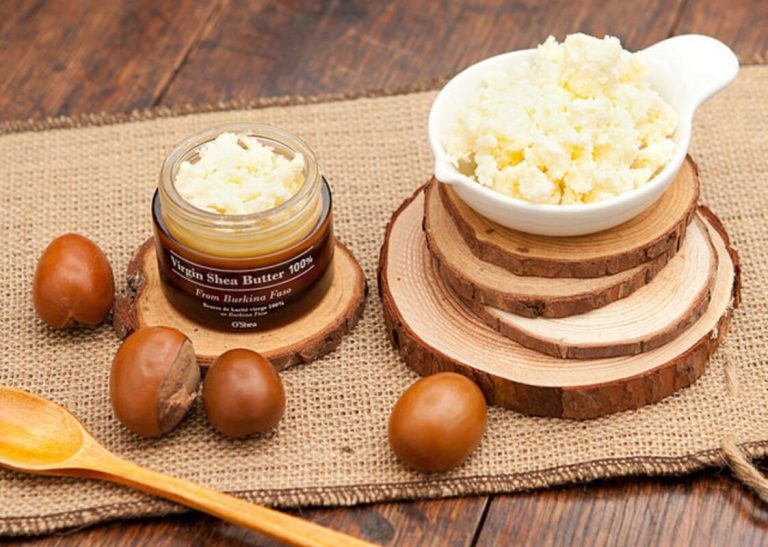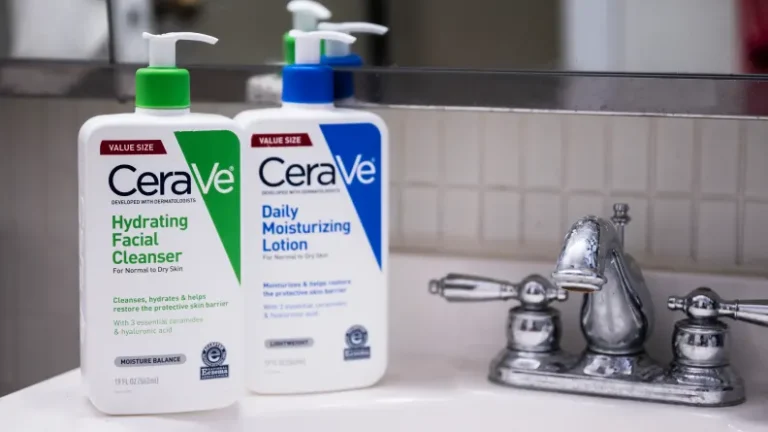What Happens If You Use Expired Essential Oils?
Essential oils have become incredibly popular in recent years for their many touted health and wellness benefits. These highly concentrated plant extracts are used for purposes like aromatherapy, massage, skin care, and more. However, just like any other product, essential oils can expire and go bad over time.
Using an expired essential oil can actually do more harm than good, so it’s important to pay attention to expiration dates and properly store your oils.
In this article, I’ll explain exactly what can happen if you use expired essential oils, so you can avoid negative side effects.
Introduction to Essential Oils and Expiration
Contents
Essential oils are highly concentrated liquids extracted from different parts of plants, including the flowers, leaves, bark, roots, resin, and peels. Popular essential oils include lavender, peppermint, eucalyptus, tea tree, lemon, and frankincense. These oils contain the pure essences and active compounds of plants, giving them very potent therapeutic, cleansing, and aromatic properties.
When properly stored, most essential oils can last for up to 2 years or more. However, over time the chemical composition and integrity of the oils start to break down. Exposure to oxygen, light, and heat can cause the oil molecules to oxidize and degrade. Using an expired essential oil that has gone bad can actually do more harm than good.
Paying attention to expiration dates and proper storage is crucial to getting the best use out of your essential oils. Always follow the shelf life recommendations provided by the manufacturer or seller. And store your oils in a cool, dark place in tightly sealed bottles to help extend their shelf life.
Now let’s take a closer look at some of the specific things that can happen if you use expired essential oils past their prime. Being aware of the risks and side effects can help you avoid them.

Chemical Composition Changes
One of the biggest concerns with using an expired essential oil is that the chemical composition and integrity of the oil breaks down over time. Essential oils are very complex, containing many active compounds and volatile molecules.
When an essential oil expires and oxidizes, its molecular structure changes. The levels of certain compounds increase or decrease. This affects the essential oil’s therapeutic properties, aroma, and safety profile.
For example, the main active compounds in lavender oil include linalool and linalyl acetate, which provide its calming, anti-inflammatory benefits. As lavender oil expires, the levels of these compounds deplete rapidly. So an expired essential oil like lavender loses its effectiveness.
The same goes for essential oils like peppermint, with decreasing levels of menthol, and eucalyptus, with lower concentrations of eucalyptol. The chemical alterations change the aroma and reduce the benefits of expired oils.
Increased Risk of Skin Irritation
Using an expired essential oil topically also comes with risks. As oils degrade over time, they become more likely to cause skin sensitivity and irritation.
Oxidization and compound changes generate new molecules that can be toxic. Expired oils may contain certain aldehydes, peroxides, and other chemicals that weren’t present in the fresh oil. These can provoke inflammation, redness, rashes, and other unwanted skin reactions, especially in people with sensitive skin.
I definitely noticed increased skin irritation when using my expired essential oils of citruses like lemon, orange, and grapefruit. The oxidized oils seemed to provoke stinging and redness when applied on the skin. So its best to do a skin patch test when using an older oil to check for any adverse reactions.
Safety Concerns Using Expired Oils
Aside from skin sensitivity, using an expired essential oil can come with other safety concerns as well. Oxidation degrades the quality of the oil over time, resulting in chemical changes and the production of potential toxins or allergens.
Using an expired essential oil, whether topically or by inhaling it, makes you more prone to adverse effects like headaches, nausea, dizziness, stomach upset, and flu-like symptoms. The degraded compounds can be irritating and toxic when they enter your bloodstream or lungs.
I once got a terrible headache after diffusing an expired essential oil blend in my home. I think the breakdown of certain chemicals like oxides and peroxides caused my reaction. It goes to show the importance of watching expiration dates and being cautious when using older oils.
Reduced Potency and Effectiveness
Another clear sign an essential oil has gone bad is reduced potency and effectiveness. Since the chemical composition changes over time after expiration, the oil simply won’t work as well for its intended uses.
For example, if you rely on eucalyptus or peppermint oil in your diffuser to clear up congestion and respiratory issues, an old degraded oil likely won’t provide the same relief. The lower concentrations of key compounds like menthol means less potent effects.
Likewise, using an expired essential oil like lavender for relaxation, anti-anxiety, or sleep benefits won’t be as effective since the levels of calming components like linalyl acetate drop off in aged oils.
Overall, expired essential oils become less viable for uses like aromatherapy, massage therapy, skin care, cleaning products, and more. You’ll need to use more oil to try getting the same effects, which still might not work.
Proper Storage to Extend Shelf Life
To keep your essential oils from expiring quickly and maintain their integrity, proper storage is crucial. Here are some tips:
- Store your oils in amber or blue colored bottles to limit light exposure. Light can degrade certain compounds.
- Keep them in a cool, dry place away from heat sources like stoves. Heat speeds up oxidation.
- Make sure the bottles are tightly sealed to limit oxygen exposure. Oxygen can react with compounds.
- Refrigeration can help extend the shelf life of citrus and carrier oils like olive or jojoba oil.
Proper storage tips like these slow down the degradation process and oxidation, extending the shelf life of your essential oils. They’ll maintain their aroma and therapeutic properties for longer.
Signs that an essential oil is close to expiration and should be used up include a change in color, change in aroma, separation in the bottle, and a thick or sticky texture.
When to Toss Expired Oils
Once an essential oil has clearly expired, it’s important to properly dispose of it. Don’t keep using oils that are years past their expiration date. Signs it’s time to toss an expired essential oil include:
- Potency, aroma, or color has noticeably changed
- Oil has thickened or separated in the bottle
- You experience irritation or sensitivity from using it
- The oil smells rancid instead of fragrant
Dispose of expired essential oils carefully so they don’t harm the environment. Don’t pour them down the drain where they can pollute waterways. The best method is to dilute with a carrier oil like olive or coconut oil. You can soak them into cloths and throw away. Absorb them in clay kitty litter or sand and trash.
Ultimately, paying attention to expiration dates and storing your essential oils properly lets you maximize their shelf life and avoid the risks of using degraded, oxidized oils. While they are very concentrated and powerful, essential oils don’t last forever. So monitor them closely and replace them when they expire. Your body will thank you!

Founded by Sophia Rodriguez, IGXO Cosmetics is a PETA-certified, cruelty-free, and vegan makeup brand.





